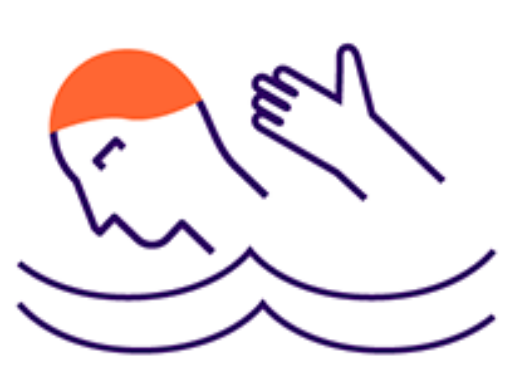Getting help to take care your depression is a great first step to getting well. Just remember – it can take time to start feeling better.
Helping yourself
There are many things you can do in your daily life to cope with depression. This includes:
- being active
- eating healthy foods
- getting enough sleep
- cutting back on alcohol, nicotine and other drugs
- finding time to do things you enjoy.
For some people, doing one or some of these things will be enough to help. Other people do them at the same time as using medicines or psychological treatment.
CBT results may last longer than a medicine
Cognitive behavioural therapy (CBT) is a type of psychological treatment. Research shows it is helpful for people with depression. For some people CBT may keep them better for longer, compared with taking medicines.
Take the full course of medicine
If you are prescribed a medicine, you will need to keep taking it for a while after you have recovered. This will lower the chance of the depression coming back. Talk to your doctor about how long you will need treatment.
If you are taking medicine but do not feel better, make an appointment with your doctor. Do not stop taking the medicine without speaking to them.
Watch out for signs of depression coming back
Some people may have depression once in their lifetime. Other people may find their depression will come and go. Make a plan with your health professional about what to do if you have signs of depression in the future.
Some events in life cause more stress than others. These events may cause your depression to come back. Try to understand what you can do if those events happen, to lower the chance of having depression again.


